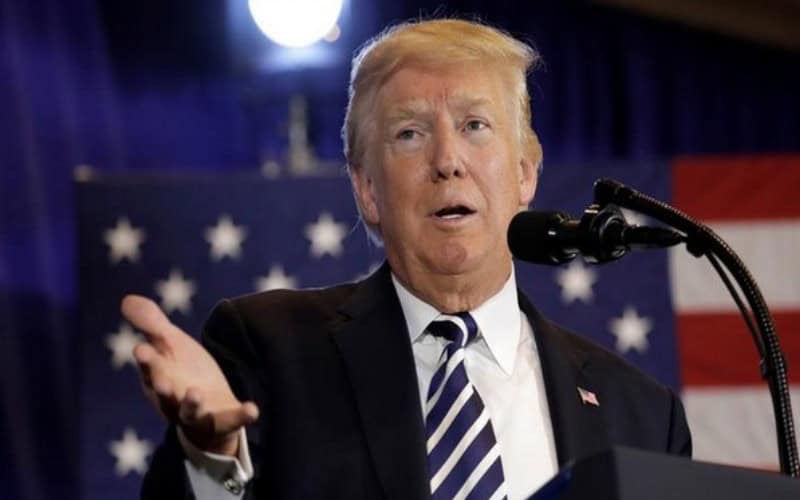Washington: The Donald Trump Administration is likely to let a small group of countries, including India continue buying Iranian oil after a US deadline on sanctions waivers expires in May, say analysts.
Five countries – India, China, Turkey, South Korea and Japan which were among the eight that were allowed in November to keep importing Iranian crude and condensate without facing penalties, are now likely to be given new waivers, according to US-based analysts Eurasia Group.
The US will probably fail to meet its goal to reduce Iranian oil exports to zero, despite renewed talk from the White House about letting all oil import waivers expire on May 2, a move that will limit oil exports from Iran, the fourth-largest producer in OPEC/
“Given OPEC+ production cuts and conditions in Venezuela, the oil market probably cannot absorb the loss of 1.3 million barrels per day of Iranian crude without a significant effect on domestic gasoline prices- a red line for US President Donald Trump,” said Henry Rome, a political analyst at Eurasia Group’s Global Macro practice, in a note.
If waivers are renewed, countries importing the crude oil will most likely be required to reduce purchases.
In that case, Iranian exports are likely to fall between 900,000 bpd and 1.1 million bpd on average through the May-November waiver period.
The US considers India an integral part of its Indo-Pacific strategy to counter China. Washington is in a weak position to demand India significantly disrupt its supply of crude especially at a time when the US is making the same demand on Venezuelan oil, the analyst said.
However, India has committed to reducing Venezuelan imports with the expectation that it will receive another waiver to continue purchasing Iranian oil.
Japan and South Korea will probably make relatively larger reductions than China, India, and Turkey, say analysts.
Experts continue to believe that the oil market will likely remain tight, however, the cancellation of all waivers remains unlikely keeping in view the probable consequences to both the oil market and US bilateral relationships.
In addition, the termination of waivers would likely trigger a crude price spike of USD 5-10, hitting US consumers at the start of the summer season.
Analysts also predict that if the waivers are not renewed, the disruption to the oil market would be immediate. Companies, banks, and individuals involved in the purchase of Iranian oil could be exposed to US sanctions, which include expulsion from the US financial system.
[source_without_link]ANI[/source_without_link]

